That sudden thud against your window can be startling. When a bird hits your window, knowing the right steps to take can make the difference between helping the bird recover or not. This guide provides practical advice on what to do if a bird hits your window, from immediate actions to long-term prevention.
Just as you might plan what to do in Kennebunkport for a vacation, having a plan for wildlife encounters around your home is important too.
Understanding Why Birds Hit Windows
Before learning what to do if a bird hits your window, it helps to understand why this happens. Birds don’t see glass the way we do. They either see reflections of trees and sky that look like real habitat, or they see straight through to plants inside your home. Either way, they don’t recognize the glass barrier, leading to collisions.
These collisions happen most often:
- During spring and fall migration seasons
- In early morning hours
- Around homes with many windows or glass doors
- Near bird feeders placed close to windows
Immediate Steps: What to Do if a Bird Hits Your Window
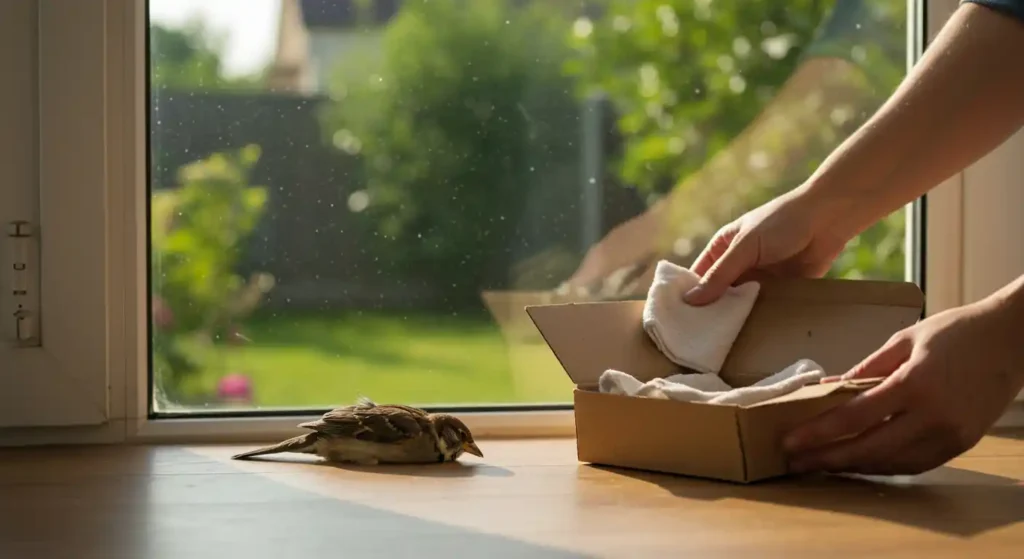
If you hear that unmistakable thud, here’s what to do if a bird hits your window:
1. Check if the bird needs help
Go outside and look for the bird. Sometimes birds are just stunned and will fly away after a short recovery period. Other times, they may be injured and need assistance.
2. Give it space and time
If the bird is still alive but not moving much, it might be temporarily stunned. What to do if a bird hits your window in this case is simple: give it space and time to recover. Many birds will fly away on their own within 15-30 minutes.
3. Create a safe recovery area
If the bird is clearly alive but not flying away:
- Place a small cardboard box nearby (not directly over the bird)
- Put a clean, soft cloth at the bottom
- Make small air holes in the box
- Wear gloves if you need to move the bird to prevent transferring oils from your hands
4. Minimal handling is best
When deciding what to do if a bird hits your window and the bird seems injured, remember that less handling is better. If you must move the bird to protect it from predators:
- Gently place a light towel over it
- Carefully scoop it up and place it in your prepared box
- Close the box and place it in a quiet, dark, warm place
Monitoring and Next Steps
After the initial response to what to do if a bird hits your window, continued monitoring is important:
When the bird recovers quickly
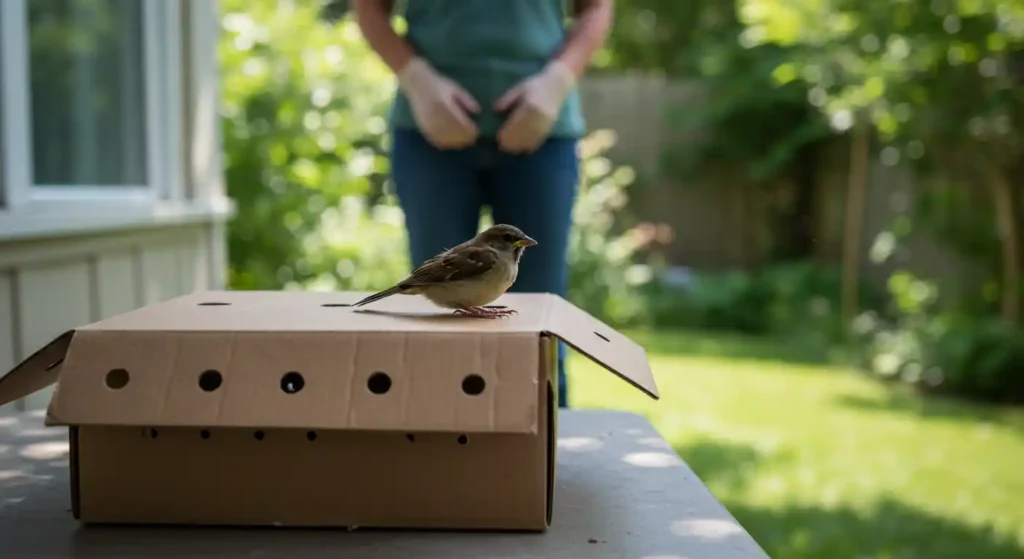
If the bird seems to recover within an hour or so:
- Take the box outside
- Open it and step back
- Allow the bird to fly away on its own terms
- Don’t force it to leave if it’s not ready
When the bird needs more help
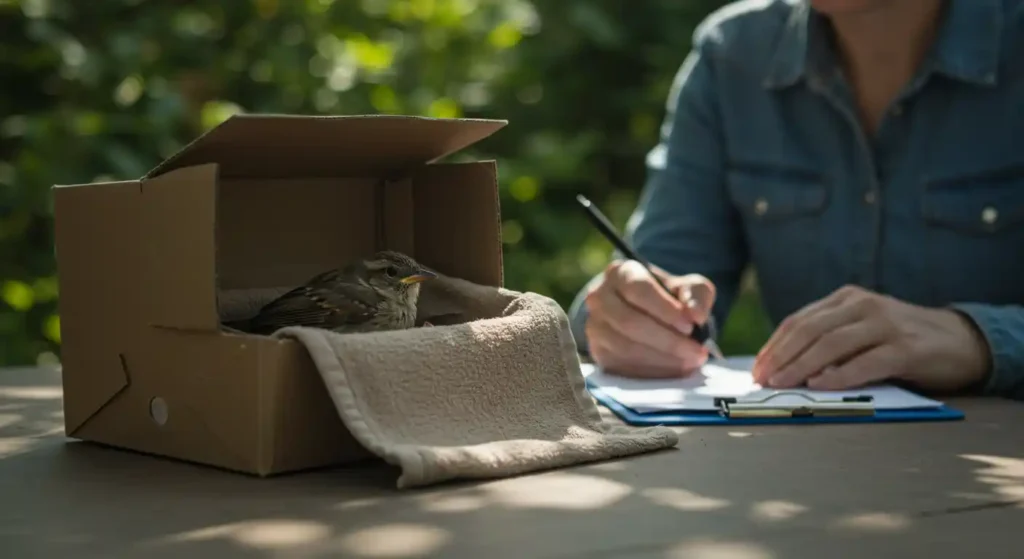
If after 2-3 hours the bird still isn’t recovering, knowing what to do if a bird hits your window includes seeking professional help:
- Contact a local wildlife rehabilitation center
- Call your local Audubon Society chapter
- Reach out to a vet with bird experience
Don’t try to feed or give water to the bird unless directed by a professional. Improper handling can cause additional stress or injury.
When to Know if the Bird Didn’t Survive
Sadly, not all window collisions end well. If the bird shows no signs of life, here’s what to do if a bird hits your window fatally:
- You can bury it in your yard away from pets
- Some areas have wildlife agencies that collect dead birds for research
- Check local regulations as some protected species need to be reported
Preventing Future Collisions
The best approach to what to do if a bird hits your window is prevention. Just as you would research what to do in North Conway before a trip to avoid problems, taking preventive measures for your windows can save birds from injury. Here are effective methods to help birds avoid your windows:
Window treatments
- Apply window decals or stickers spaced 4 inches apart
- Use bird-specific window tapes that are visible to birds but not distracting to humans
- Install external screens or netting a few inches from the glass
- Use window films that break up reflections
Feeder placement
- Place bird feeders either within 3 feet of windows (too close for birds to gain dangerous momentum)
- Or place them more than 30 feet away (far enough that birds don’t associate the feeding area with your home)
Light management
- Turn off unnecessary lights at night, especially during migration seasons
- Close blinds or curtains when lights are on inside
Keeping Track: Bird Collision Documentation
If you’re wondering what to do if a bird hits your window repeatedly, consider documenting these incidents:
- Note the date, time, and species if possible
- Take photos if appropriate
- Share this information with local bird conservation groups
- Many organizations collect data to better understand and prevent window strikes
Teaching Children What to Do if a Bird Hits Your Window
Bird window collisions provide a teaching opportunity for children about wildlife care:
- Explain why birds hit windows in simple terms
- Involve them in making window decorations to prevent strikes
- Teach respect for wildlife and the importance of giving animals space
- Show them how to respond calmly and thoughtfully
Seasonal Considerations
Different times of year may affect what to do if a bird hits your window:
Spring concerns
Spring collisions might involve nesting birds. If a parent bird is injured, there might be baby birds needing care. Look for signs of a nest nearby and contact wildlife rehabilitators if you suspect orphaned babies.
Migration seasons
During spring and fall migrations, window collisions increase dramatically. Be extra vigilant during these periods and consider adding temporary window treatments during peak migration months.
Home Office and Remote Work Considerations
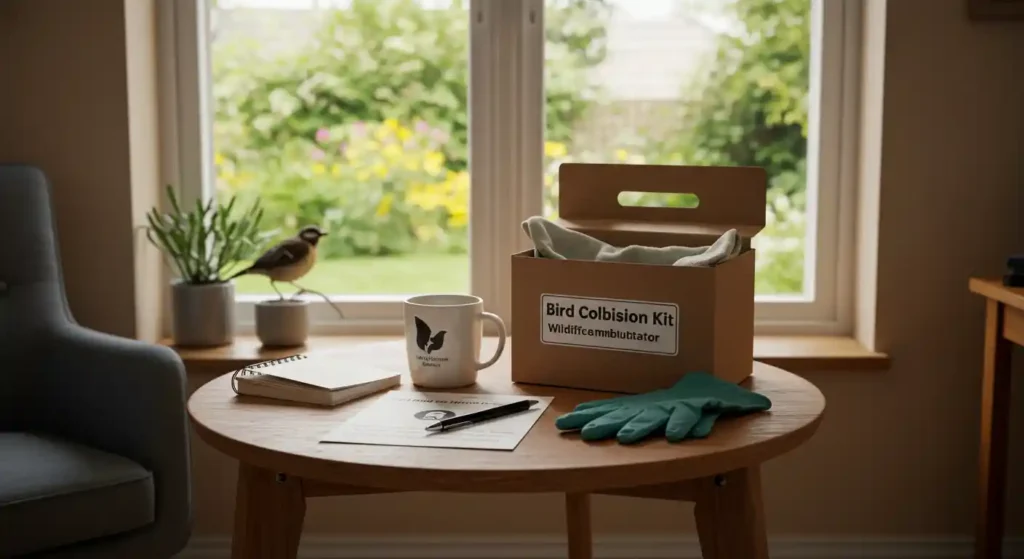
With more people working from home, being present to hear and respond when a bird hits your window is more likely. Create a simple “bird collision kit” with:
- A suitable box
- Clean cloths
- Gloves
- Local wildlife rehabilitator contact information
Having these items ready makes knowing what to do if a bird hits your window much easier when the moment comes.
Final Thoughts on What to Do if a Bird Hits Your Window
Window collisions are unfortunately common but often preventable. By understanding what to do if a bird hits your window and taking steps to prevent future incidents, you’re helping protect local bird populations. Even small changes to your windows can make a big difference in bird safety.
Taking care of local wildlife is part of being a good community member, whether you’re at home or exploring places like Kennebunkport or North Conway.
Remember that prevention is always better than needing to respond to an injured bird. By making your windows more visible to birds, you’re contributing to bird conservation in your community.
For more information about local bird species and conservation efforts, consider connecting with local Audubon chapters or wildlife organizations in your area. Together, we can reduce the number of birds injured by window collisions each year.



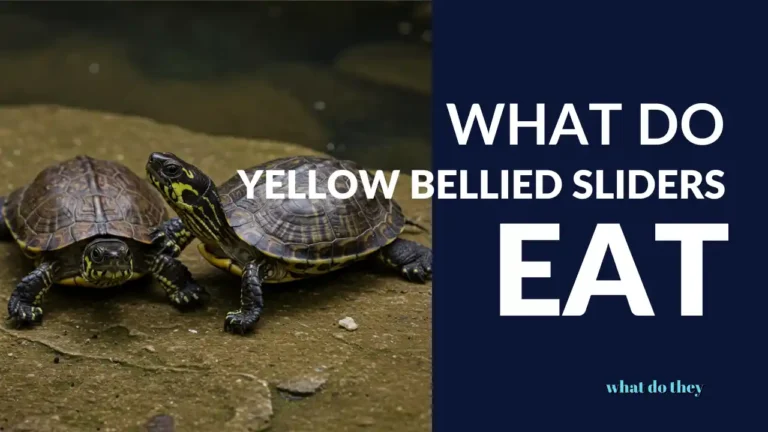
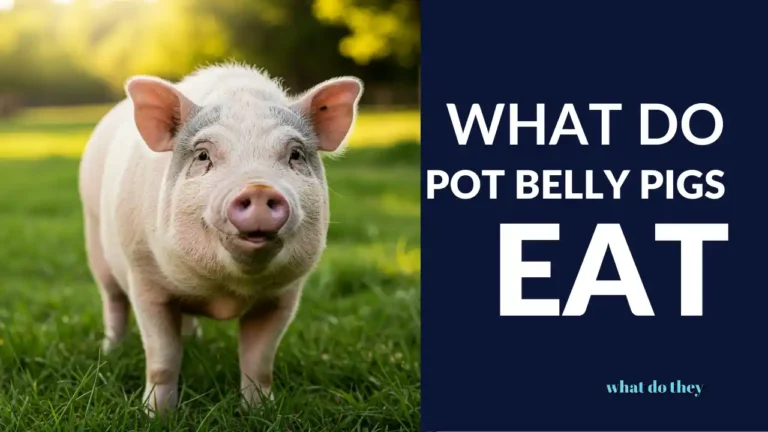
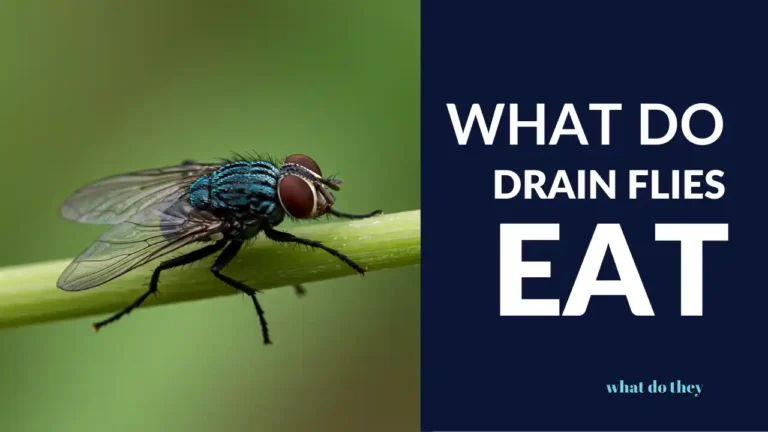
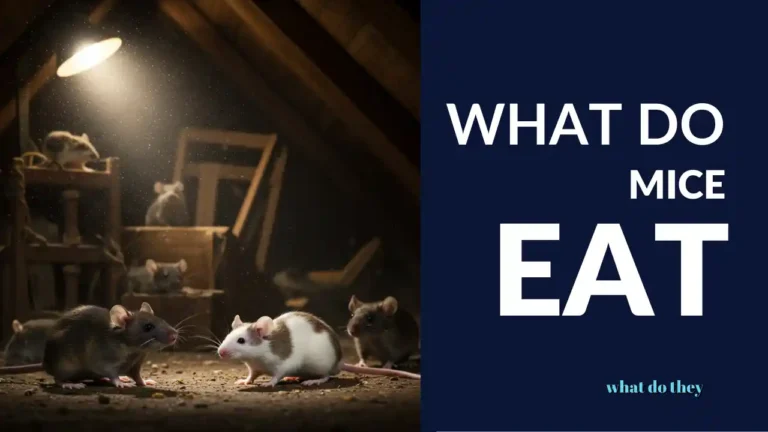

1 Comment